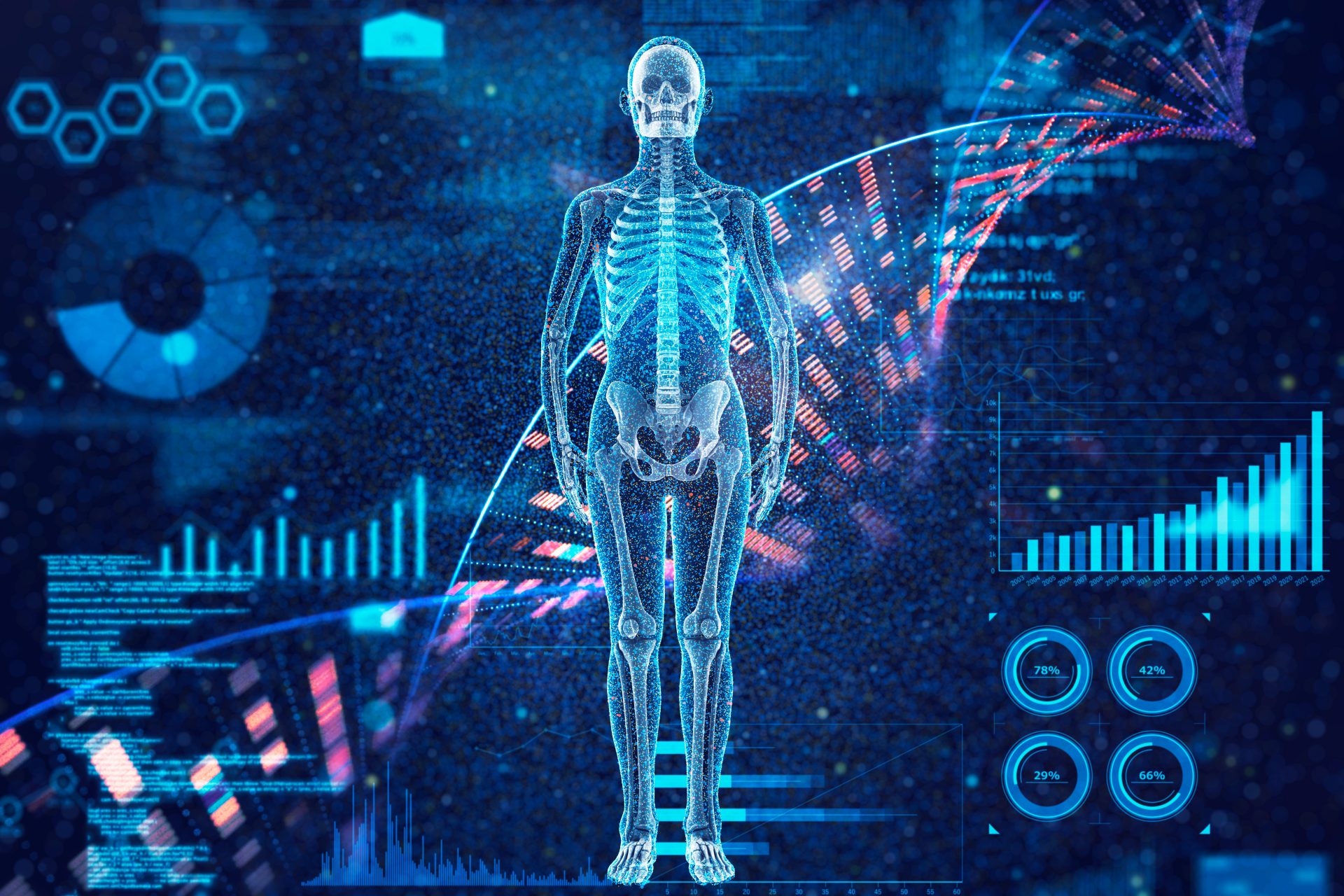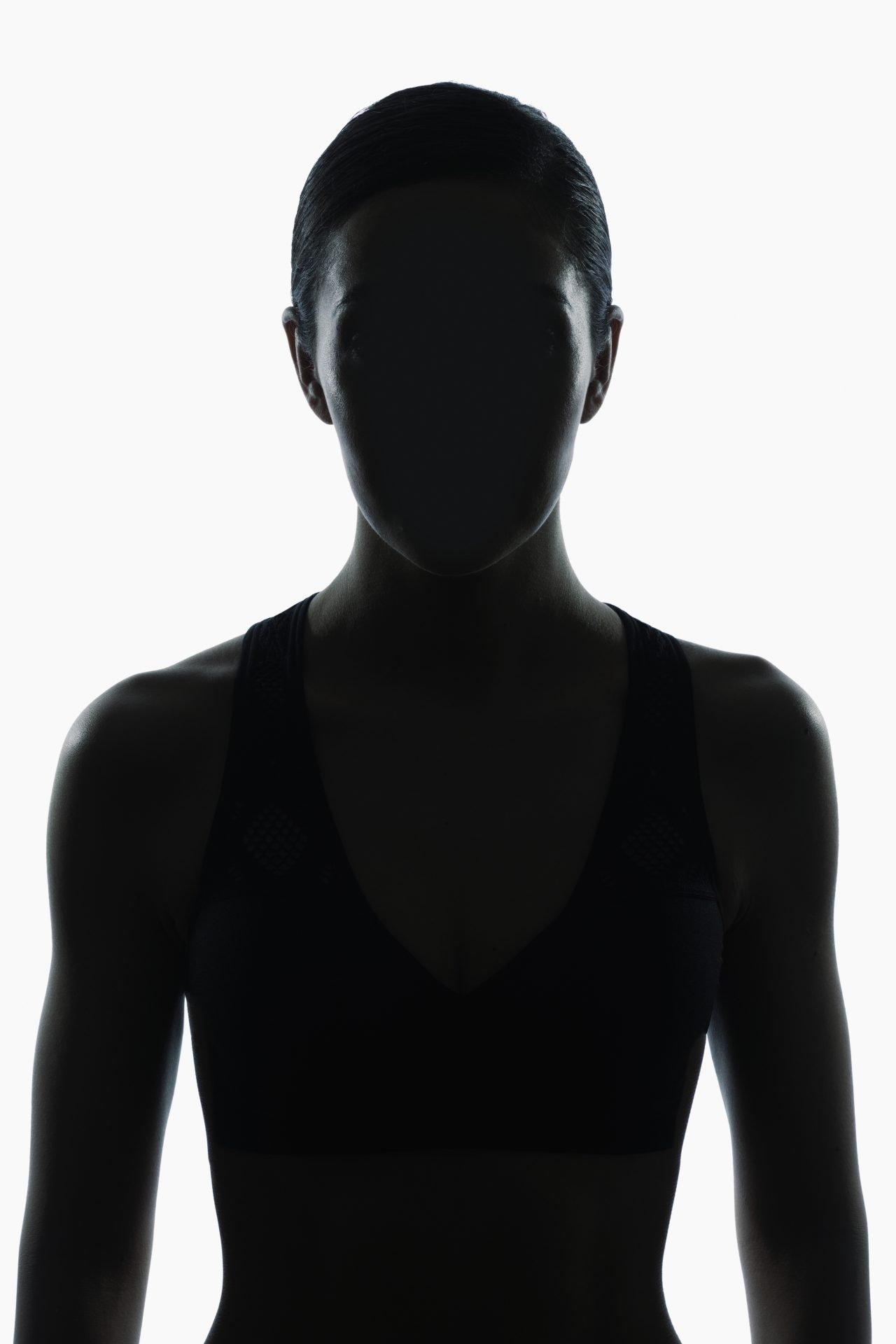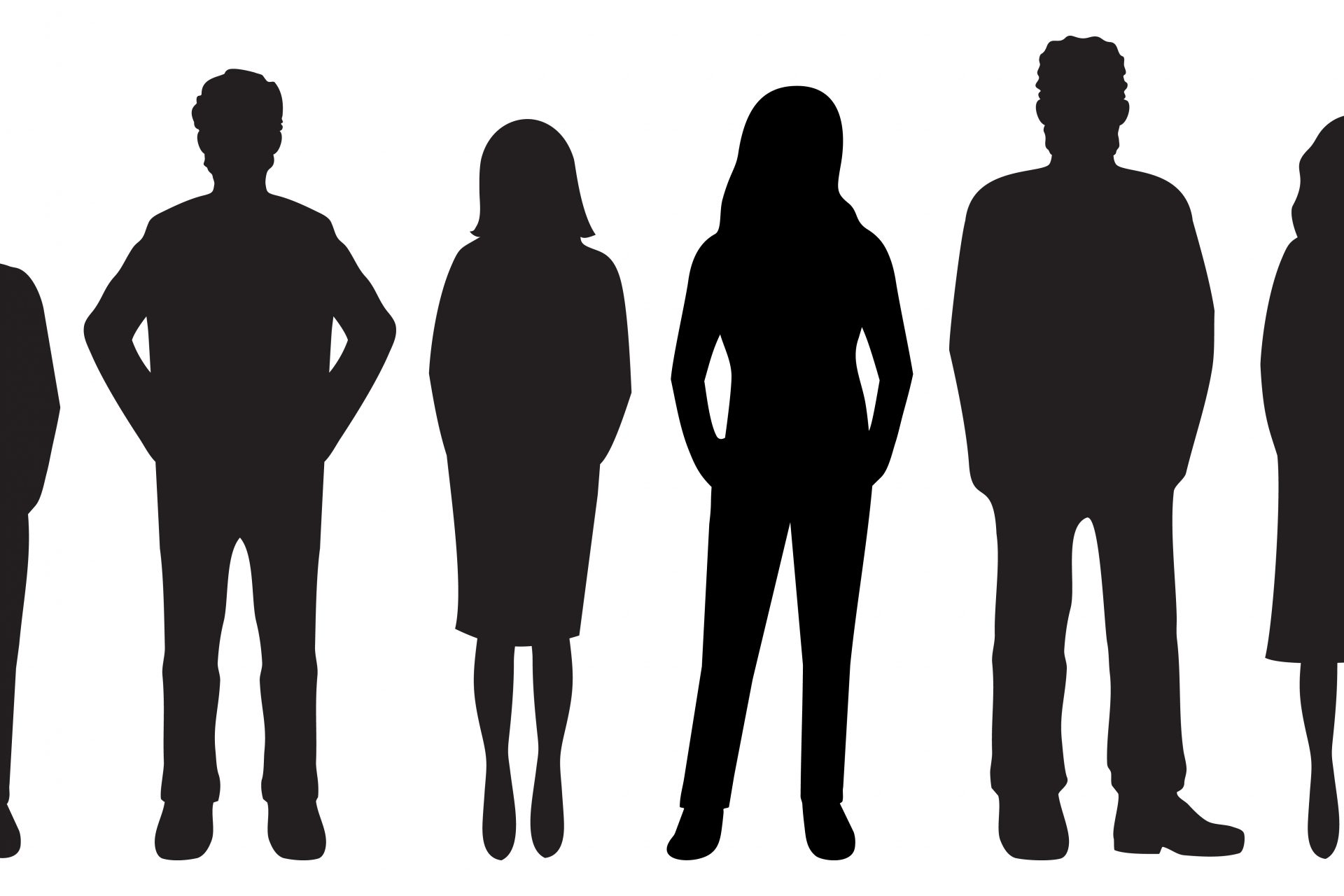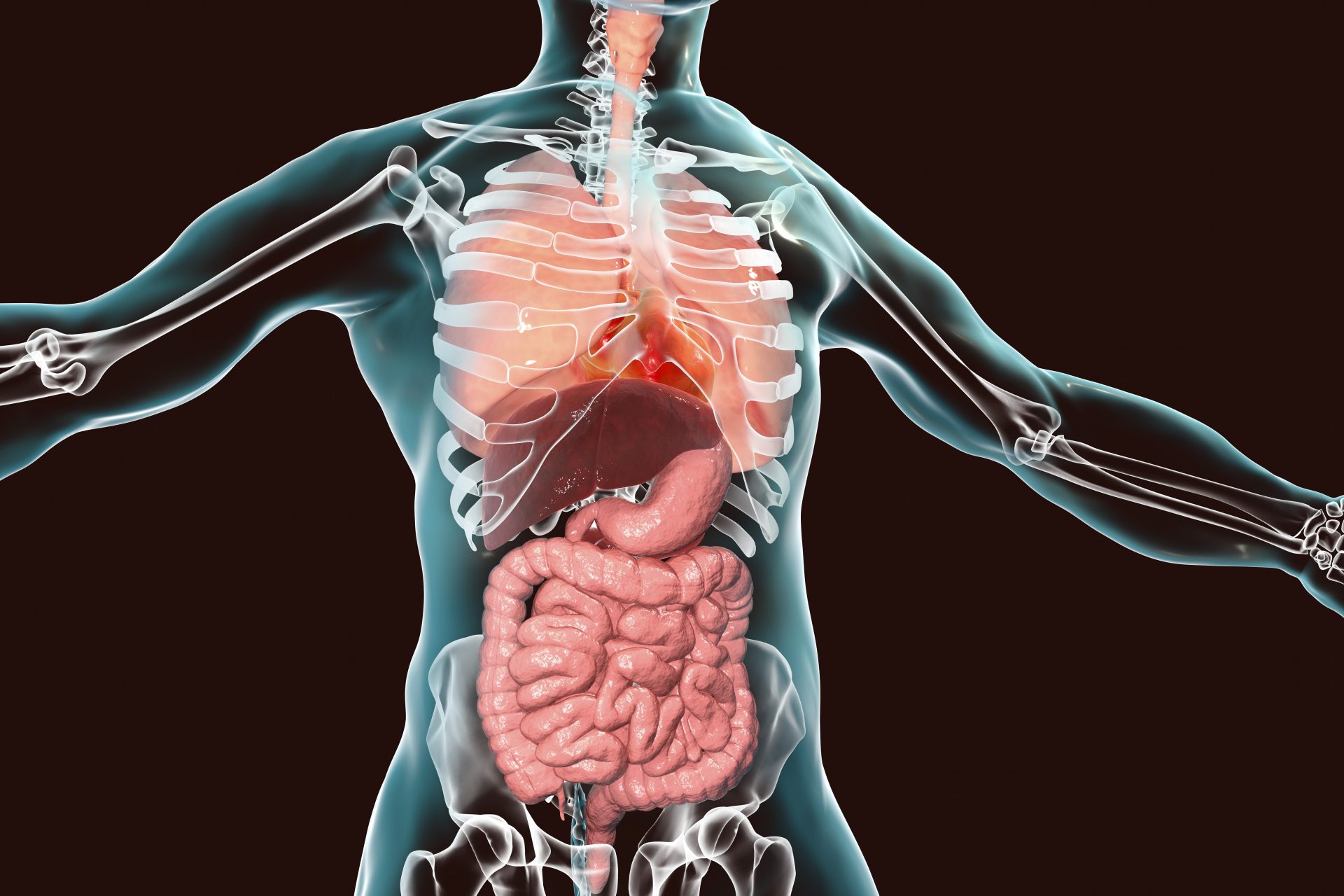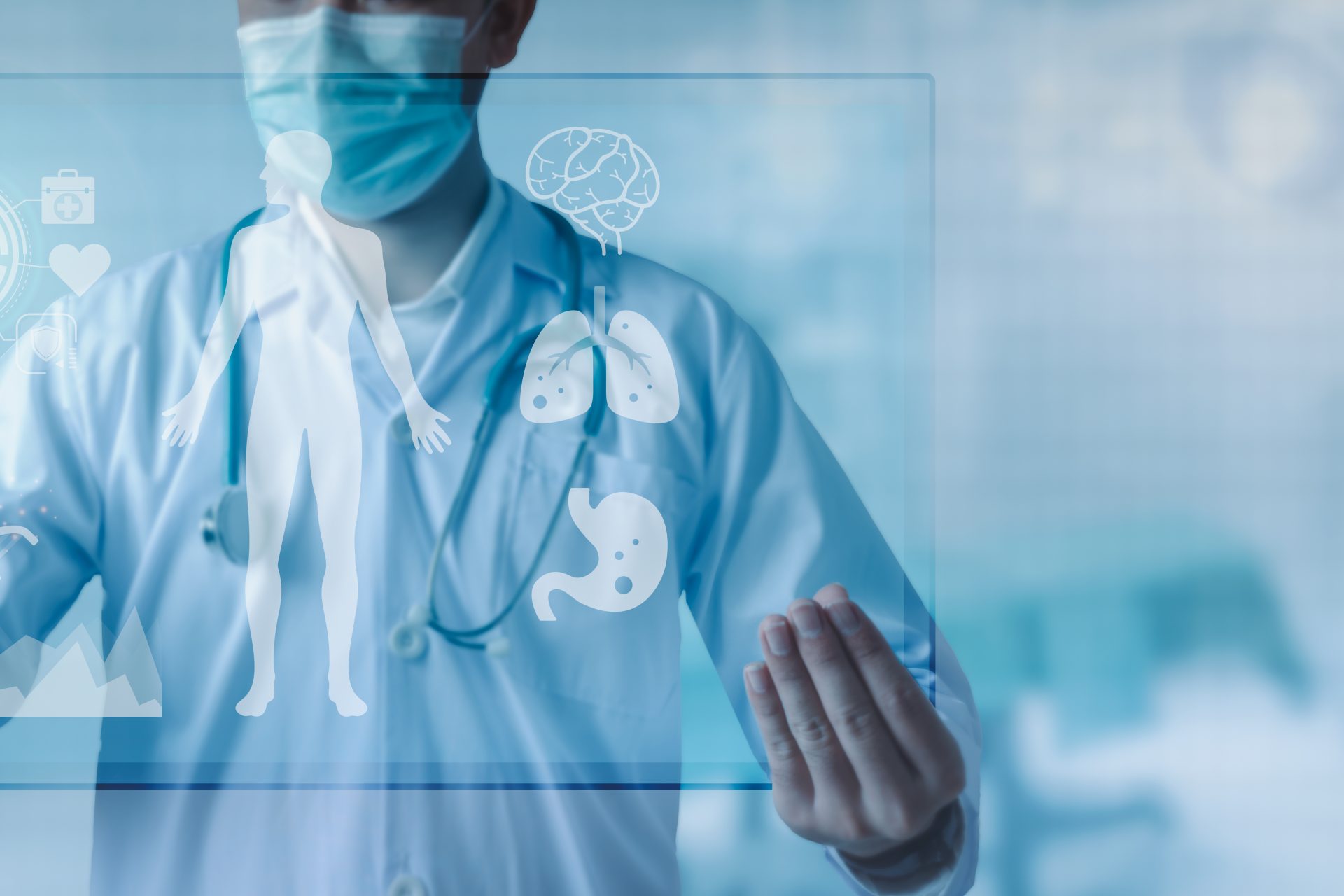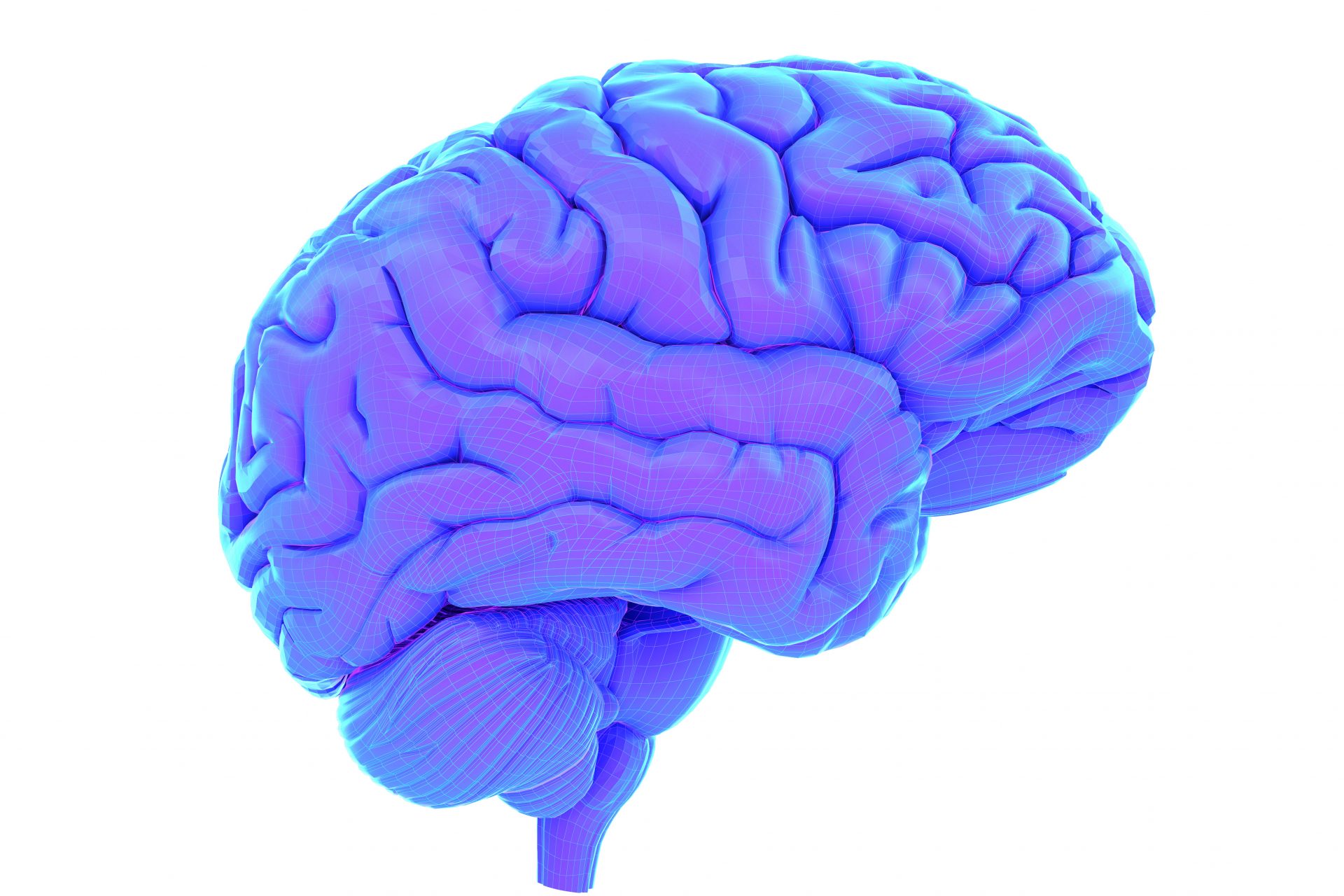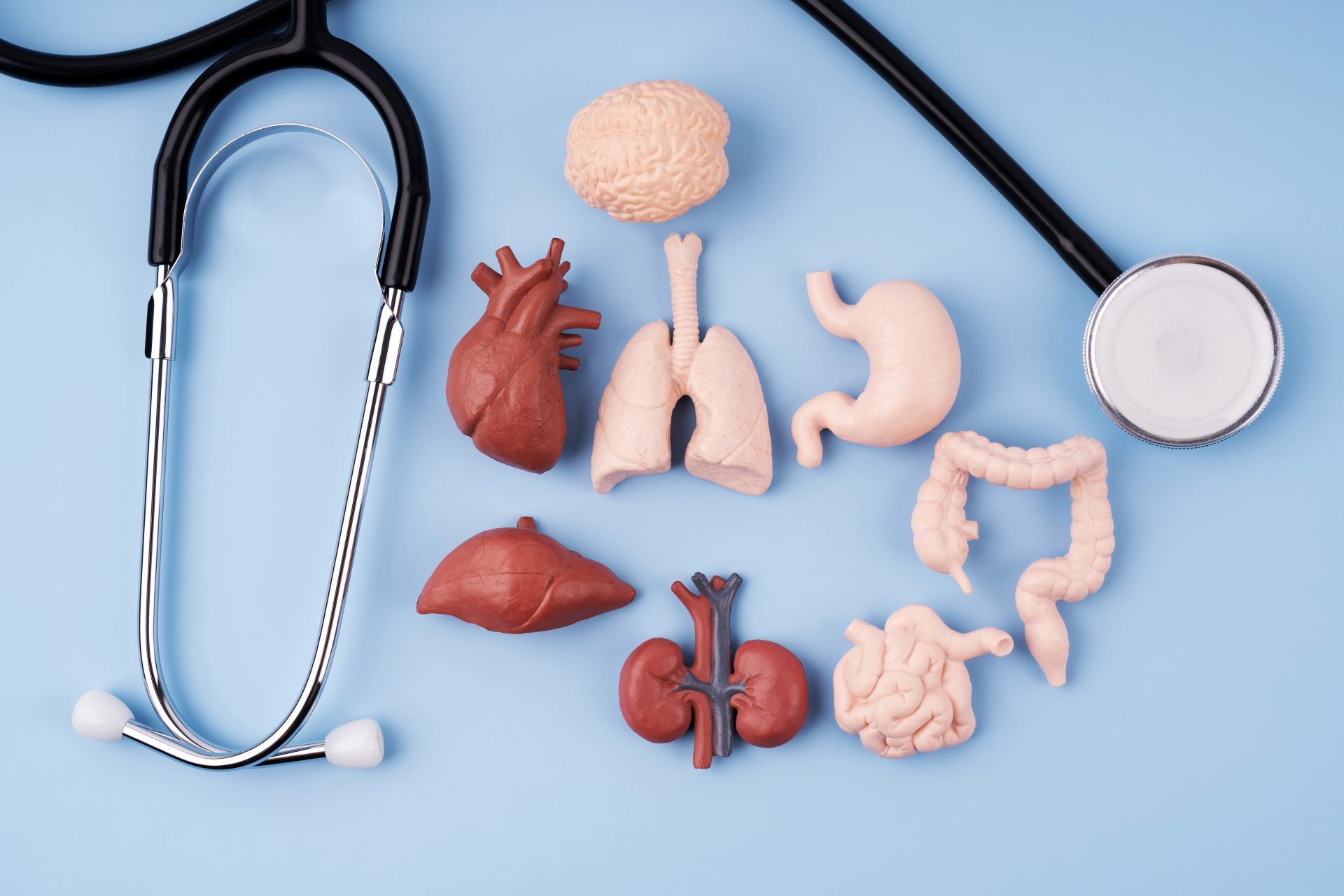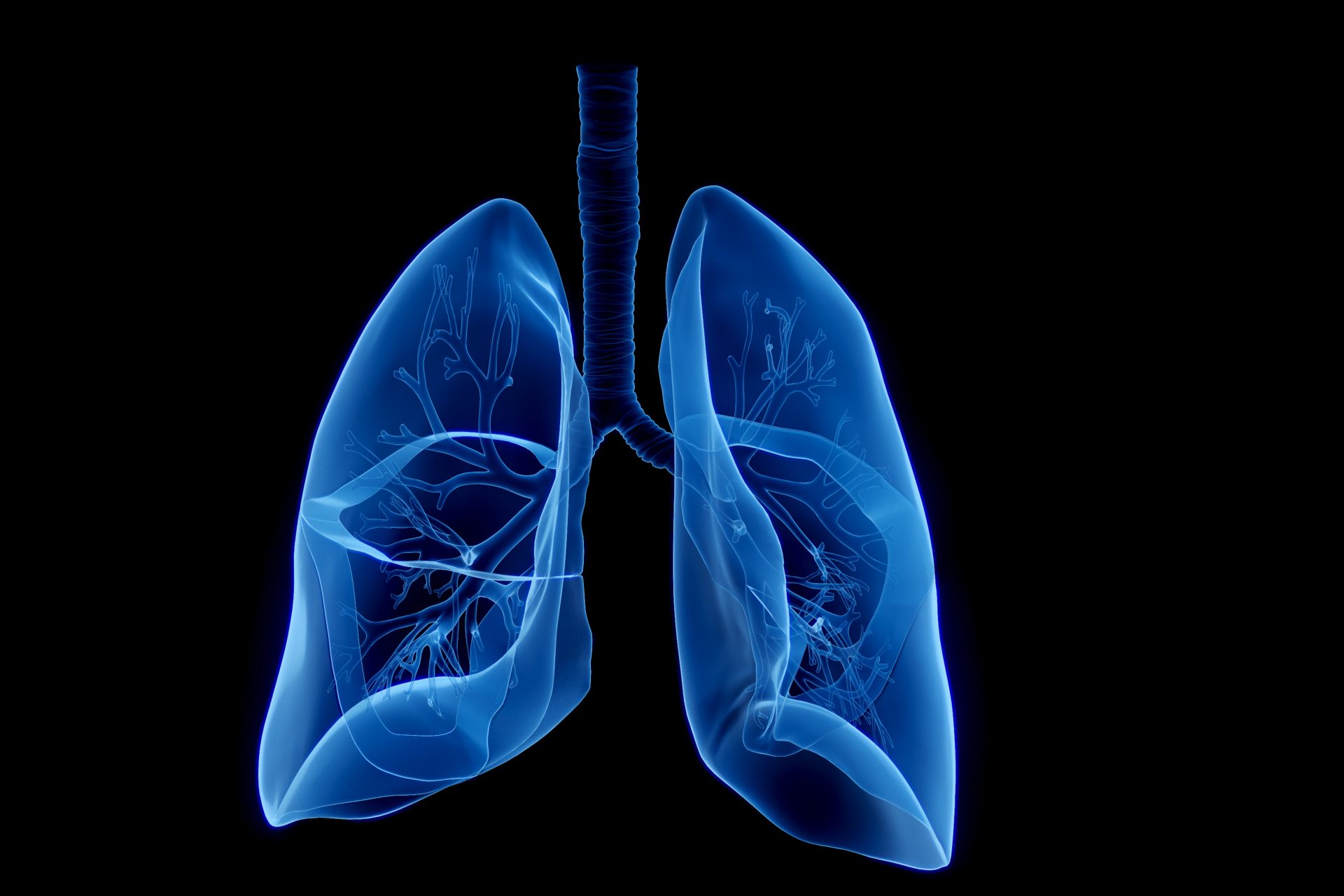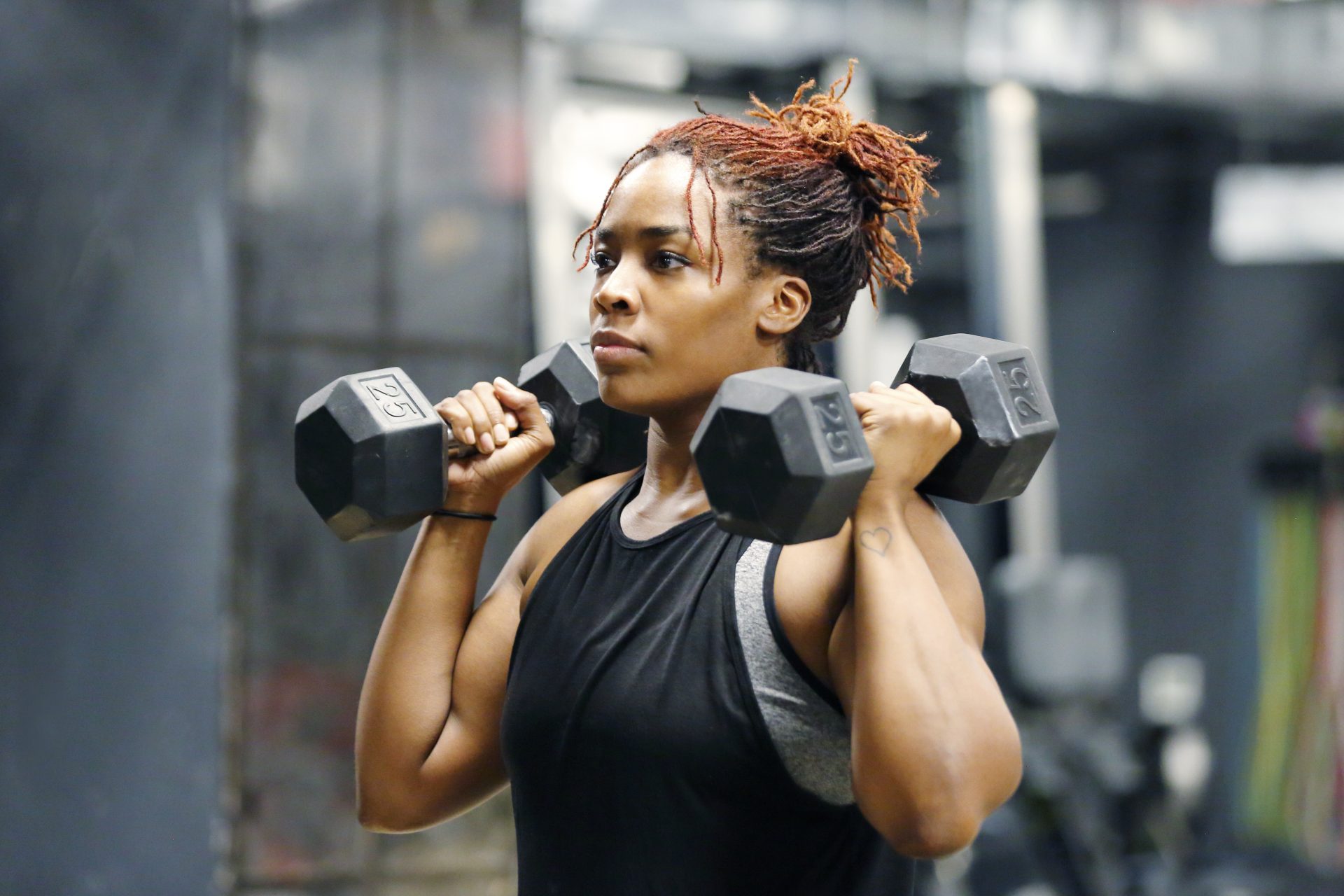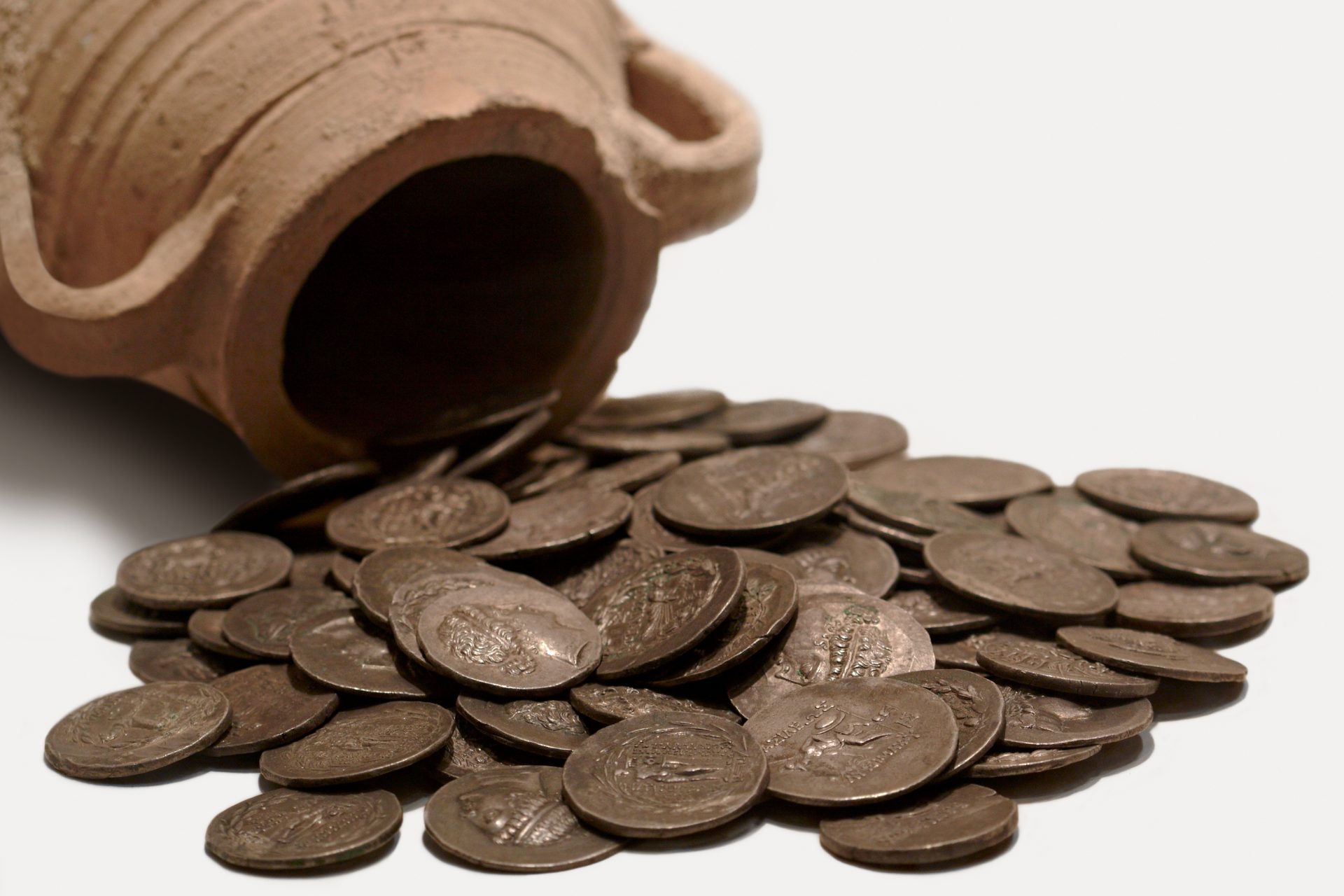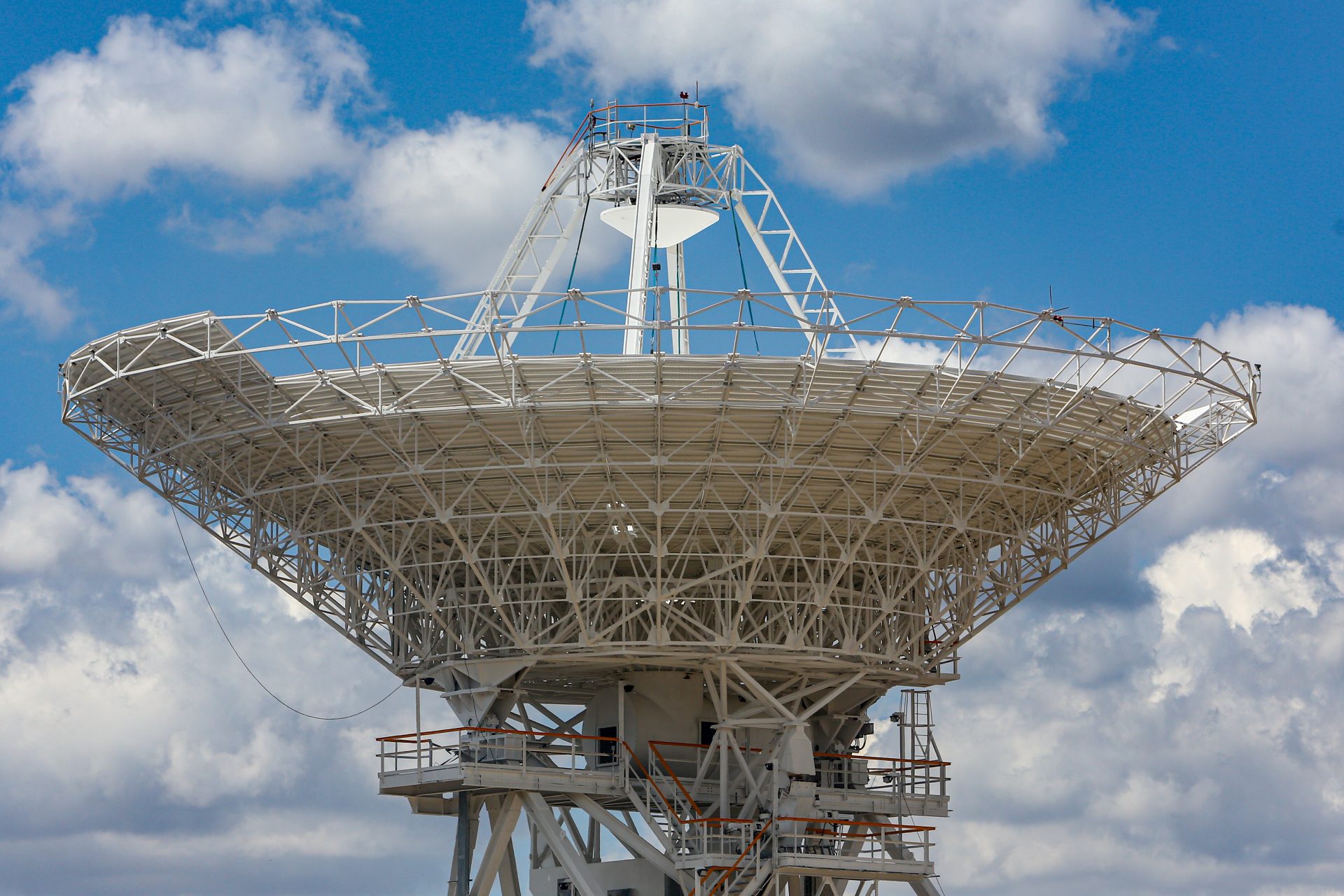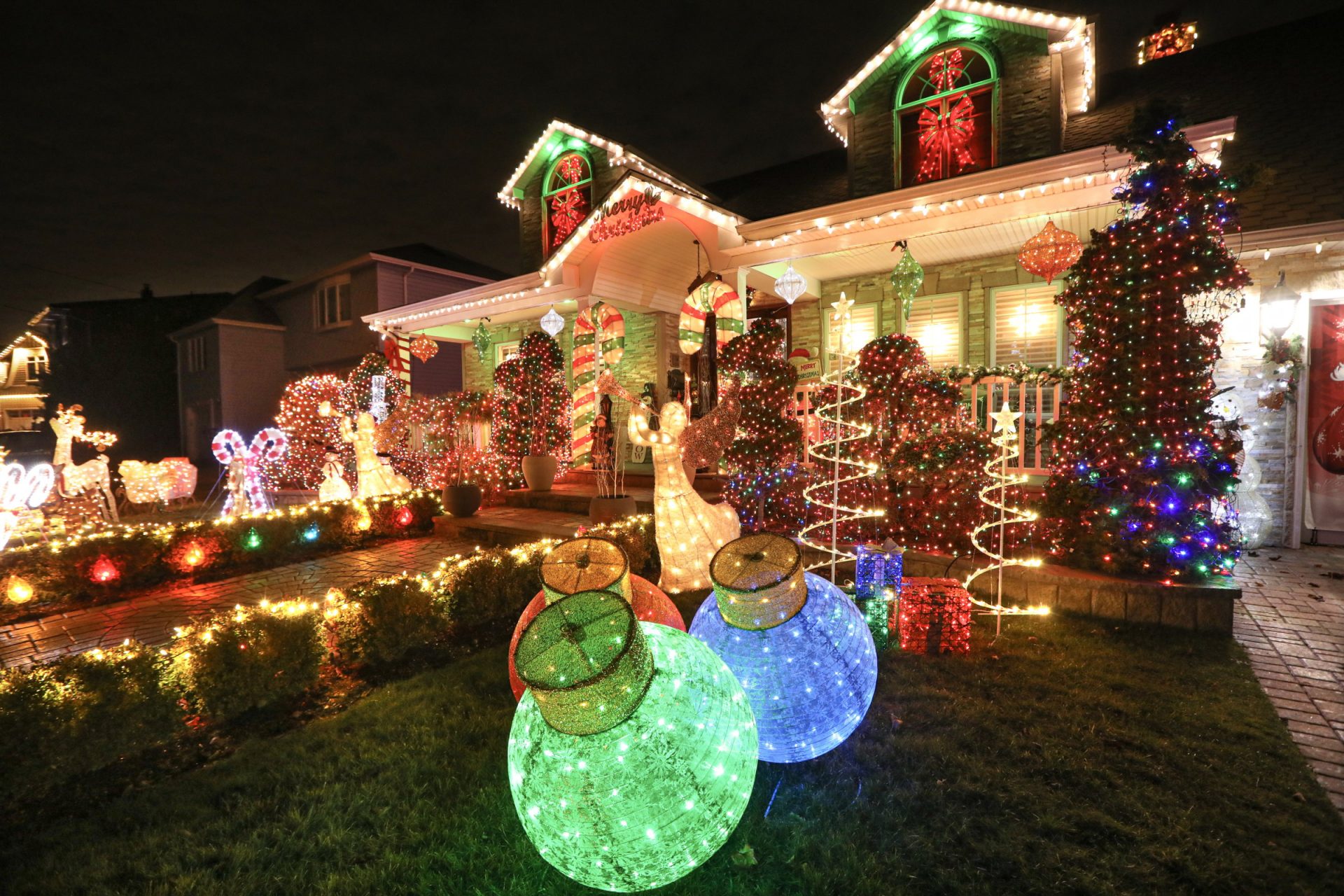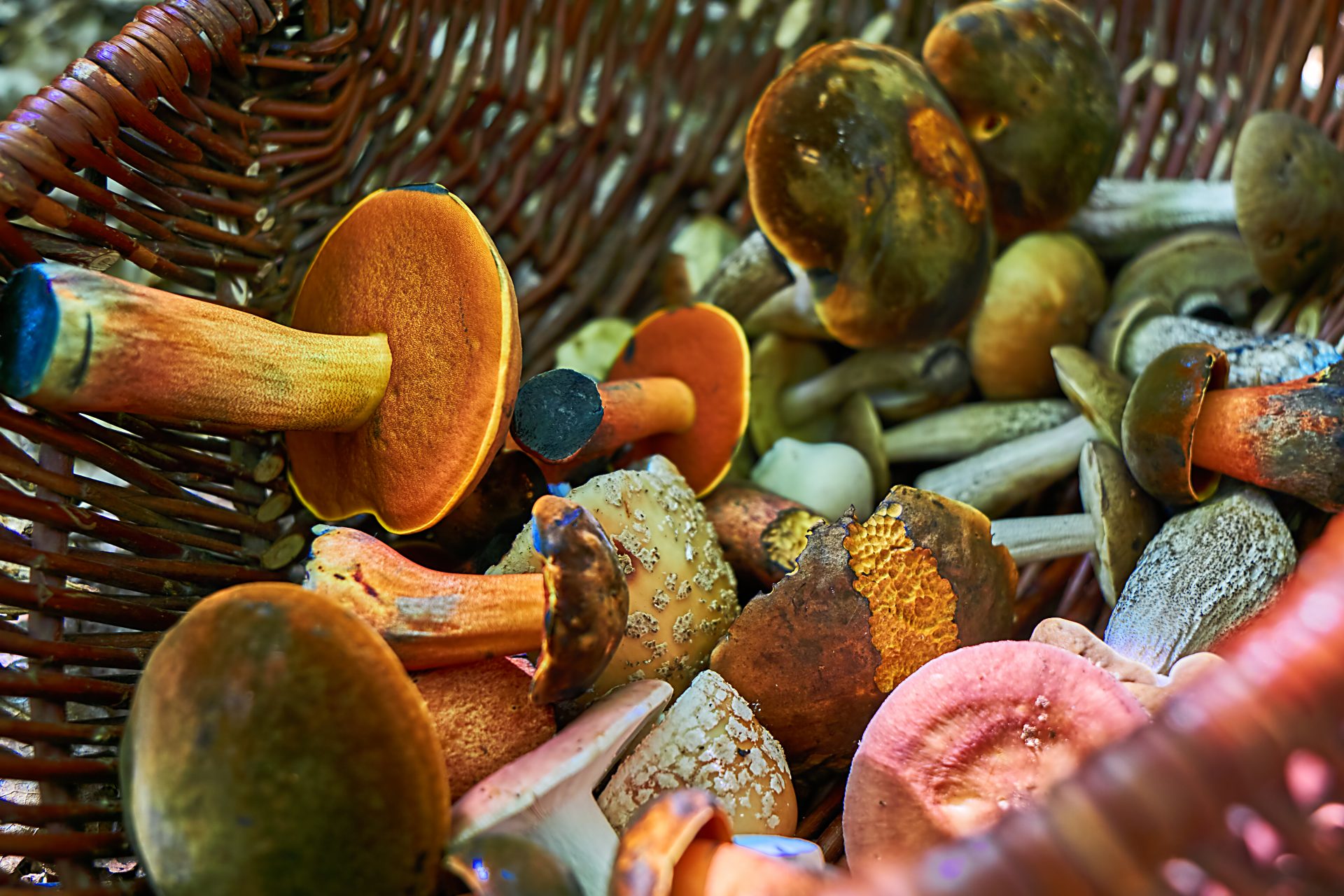Youthful or ageing organs: we can have both at the same time
Ageing hits different parts of our bodies at different times, according to research carried out by scientists at Stanford University.
Our biological age can be quite different from our chronological age and may for example mean that while we give our age as 40, we may have a heart or liver of a 50 or 30-year-old.
Tests available in the pharmacy for the past 10 years to gauge our biological age are both costly and inaccurate as they indicate an overall biological age instead of honing in on individual organs.
While smaller studies have been undertaken in the past, the latest research analyzed data from the UK Biobank, with blood and health histories from about 44,530 men and women between the ages of 40 and 70.
The scientists analyzed blood for organ-aging proteins and compared the biological age of the heart, lungs, arteries, brain, fat, immune system, intestines, kidneys, liver, muscles and pancreas to the subjects’ chronological ages.
They also checked for disease and death among the subjects over the subsequent 10 years, reports The Washington Post.
The researchers found that a youthful brain relative to chronological age indicated longevity, with those with youthful brains mostly living longer than people whose brains were relatively elderly.
In fact, the scientists, led by Hamilton Se-Hwee Oh, concluded that the brain is the main indicator of a person’s lifespan.
Probably the most important conclusion the study came to was that each prematurely aged organ was linked to elevated risks of disease.
On the plus side, knowing which organs in our body are ageing fast should help us to regulate our lifestyles, accordingly, says Oh.
For example, a person who understands they have a relatively old heart could start taking daily exercise and cut back on ultra-processed foods to ward off potential heart issues
Likewise, someone with an aged liver would be advised to cut back on alcohol and ageing muscles could be addressed with weight training.
More for you
Top Stories



